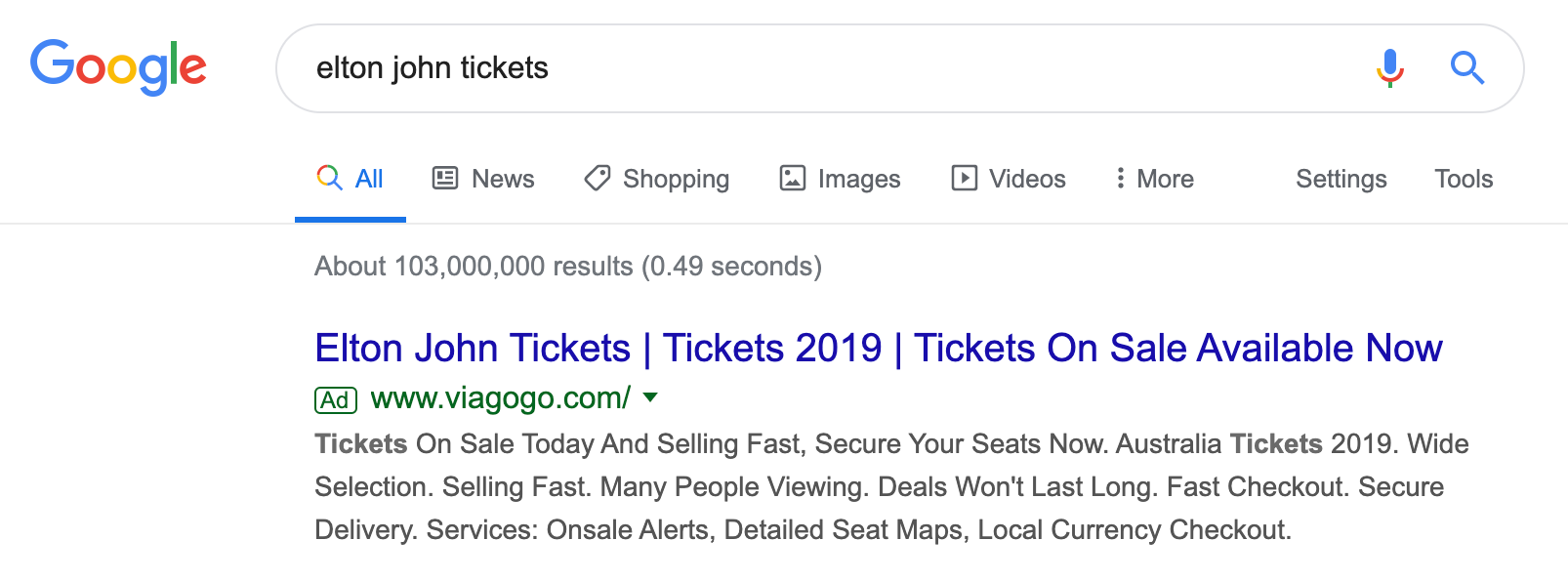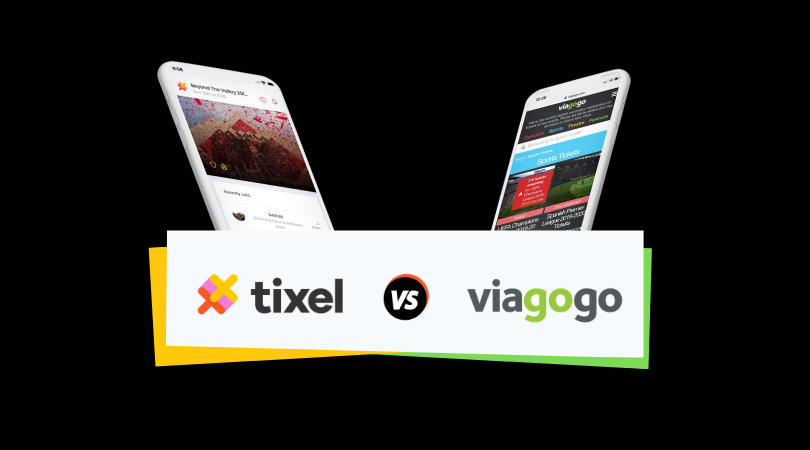Viagogo is one of the largest secondary ticket marketplaces in the world, but that doesn’t mean it’s the best for fans or artists. Viagogo was started in 2006, by Eric Baker after the American businessman sold his first business Stubhub. Now, 14 years later Viagogo has repurchased Stubhub for an astonishing $4 billion.
These resale companies promised to provide greater governance and transparency in the secondary ticket market by providing ‘buyer guarantees’. They offered a place for ‘real fans’ to sell unwanted tickets to people who would have otherwise missed out. However, these sites are overcome by professional ticket scalpers using loopholes to prey on people just looking for tickets to their favourite artists.
Although Viagogo claims to protect buyers with refunds, a large majority of fans who are scammed are left pocketless and without any tickets. Scalpers can list tickets speculatively, meaning ticket touts can sell a ticket they don’t yet have, but suspect they can purchase later down the track.
In 2019, Viagogo ads were banned from Google’s search engine after complaints of misleading claims and inflated prices. However, the suspension was overturned in November of 2019 after Viagogo confirmed it’s Stubhub acquisition.

Tickets on Viagogo also bypass many state regulations such as those in New South Wales and Queensland which rule that tickets cannot be resold at more than 10% of its face value. Despite regulations, Viagogo continue to sell tickets at an unlimited mark-up determined by the seller. For Elton John’s 2019 farewell tour, tickets were listed on Viagogo with a mark-up of up to 600%!
On the other hand, Tixel is an independent fan-to-fan ticket marketplace which offer fans the opportunity to buy and sell tickets without high scalping margins. Tixel caps resale markup at 10%, in order to eradicate scalpers who typically operate with huge mark-ups.

